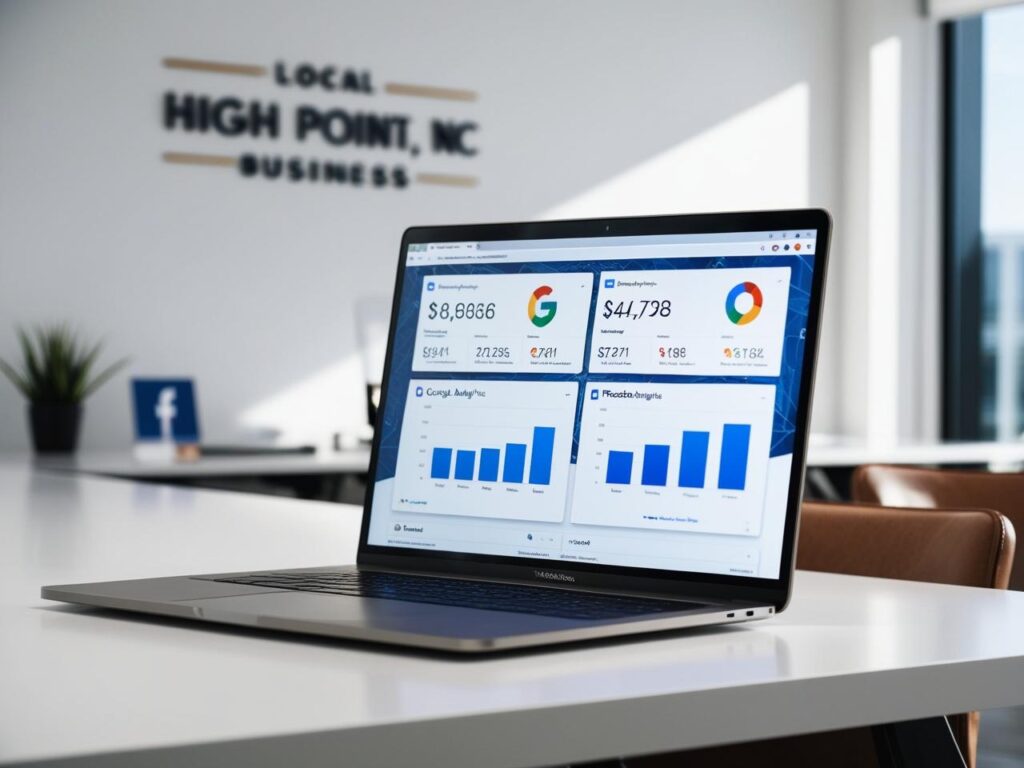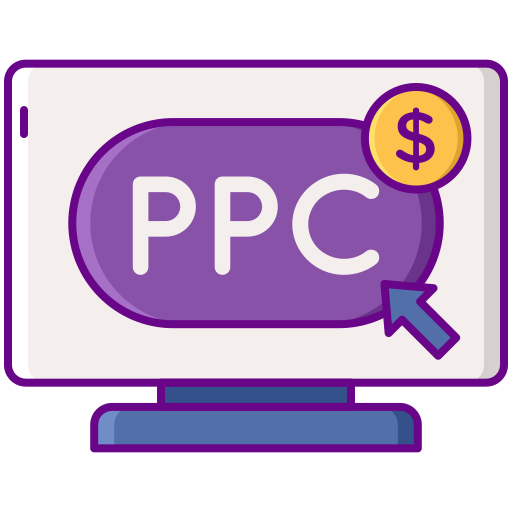
The Importance of Digital Marketing Analytics for Businesses in High Point, NC
When it comes to measuring the success of your digital marketing efforts, analytics are indispensable. Digital marketing analytics in High Point, NC provides crucial insights into how well your campaigns are performing, allowing you to make data-driven decisions that optimize your strategies. Whether you’re running SEO, PPC, or social media campaigns, understanding the metrics behind them is key to improving your results.
In this post, we will guide you through the basics of digital marketing analytics and show you how to leverage tools like Google Analytics and Facebook Insights to measure the effectiveness of your campaigns.
Why Analytics Matter in Digital Marketing
Analytics help you track the performance of your digital marketing efforts and measure what’s working—and what’s not. Without data, you’re essentially guessing about the success of your strategies. By using the right analytics tools, you can identify which channels are driving traffic, generating leads, and converting customers, helping you allocate resources effectively.
In High Point, NC, where local businesses face increasing competition, using analytics can help you stay ahead of the curve and ensure that your digital marketing efforts are producing tangible results.
1. Measure the Impact of SEO
For businesses in High Point, NC, SEO is a long-term investment. Tracking the right metrics helps you understand whether your SEO efforts are paying off and where you need to improve. By using Google Analytics, you can monitor important SEO metrics such as:
- Organic Traffic: The number of visitors coming to your site through search engine results.
- Bounce Rate: The percentage of visitors who leave your site after viewing just one page, which can indicate how well your landing pages are performing.
- Keywords: The search terms that are driving traffic to your website, which can inform your content strategy.
- Conversion Rate: How well your SEO traffic is turning into leads or sales.
By continuously tracking these metrics, you can adjust your SEO strategy to improve your search engine rankings and drive more targeted traffic.
2. Track PPC Campaigns for Maximum ROI
Pay-Per-Click (PPC) advertising is another area where analytics play a key role. With Google Ads or Facebook Ads, you can track performance metrics that give you a clear picture of how well your ads are performing. Some key metrics to track include:
- Click-Through Rate (CTR): The percentage of people who click on your ad after seeing it. A high CTR means your ad copy and targeting are effective.
- Cost Per Click (CPC): How much you’re paying for each click. Keeping this cost low while maintaining high-quality traffic is essential for a positive return on investment (ROI).
- Conversion Rate: Similar to SEO, this metric shows how many people took the desired action, such as filling out a contact form or making a purchase.
- Return on Ad Spend (ROAS): This shows the revenue you’re generating for every dollar spent on PPC ads.
By continually monitoring your PPC campaigns and adjusting them based on performance metrics, you can ensure that your advertising budget is being spent effectively.
3. Measure Social Media Engagement
Social media marketing is a powerful tool for connecting with customers in High Point, NC. But how do you know if your posts and ads are actually engaging your audience? Here’s where Facebook Insights, Instagram Analytics, and other social platform tools come into play. Key social media metrics to track include:
- Engagement Rate: This shows how often people interact with your posts through likes, comments, shares, and clicks. It helps you understand how compelling your content is.
- Reach vs. Impressions: Reach refers to how many people saw your post, while impressions show how many times your post was displayed. Both are important for measuring visibility.
- Followers Growth: Tracking the growth of your followers helps you gauge how effective your social media strategy is at attracting new people to your brand.
- Click-Through Rate (CTR): Just like with PPC, this metric measures how many people are clicking through to your website from social media ads or posts.
By analyzing these social media metrics, you can refine your strategy to focus on the platforms and content that deliver the best results.
How to Use Google Analytics for Your Digital Marketing Campaigns
Google Analytics is one of the most powerful tools available for measuring your digital marketing efforts. If you’re not already using Google Analytics, here’s how you can set it up and start tracking your campaigns effectively:
1. Set Up Conversion Tracking
Conversion tracking is essential for understanding how well your website is achieving its goals—whether that’s getting visitors to fill out a contact form, make a purchase, or sign up for your newsletter. With Google Analytics, you can create goals to track these specific actions.
2. Analyze Traffic Sources
Google Analytics allows you to see where your website traffic is coming from. Whether it’s organic search, paid ads, or social media, you can analyze the effectiveness of each channel. This is especially important for local businesses in High Point, NC to determine which marketing channels are driving local traffic.
3. Utilize Audience Insights
With Google Analytics, you can also gather insights about the people visiting your website, including their location, age, interests, and devices they are using. This can help you better tailor your content and marketing strategies to attract the right audience.
The Role of Facebook Insights in Measuring Social Media Performance
For social media marketing, Facebook Insights provides a treasure trove of data that allows you to track the effectiveness of your campaigns. Whether you’re running organic posts or paid ads, Facebook Insights can help you gauge how your content is performing.
You can track:
- Page Views & Clicks: See how many people are visiting your page and clicking on your posts.
- Audience Demographics: Understand the age, gender, and location of your audience, which can help you better tailor your messaging.
- Engagement Rate: Facebook shows how many people engaged with your posts (likes, comments, shares), giving you a clear view of how effective your content is.
Conclusion: Data-Driven Decisions for Better Digital Marketing Success
Analytics are the foundation of successful digital marketing in High Point, NC. By tracking the right metrics and making data-driven decisions, you can optimize your SEO, PPC, and social media campaigns to deliver measurable results. Tools like Google Analytics and Facebook Insights are invaluable for understanding what’s working and where you can improve.If you’re ready to dive deeper into digital marketing analytics and learn how to make better decisions based on data, be sure to check out our previous post on local business in high point, where we discuss how to track the right metrics.
















